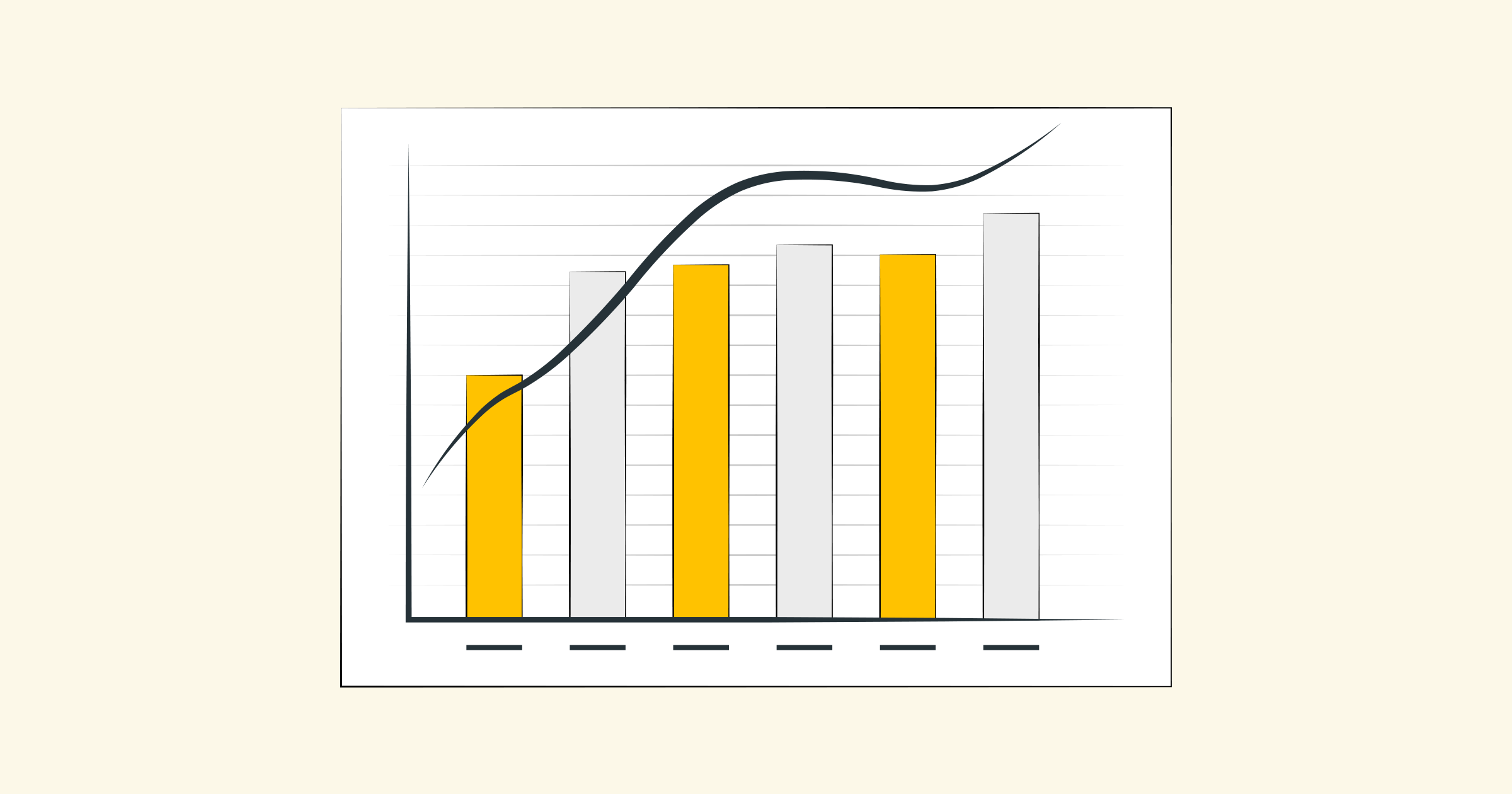Title: Tracking the Location of an IP Address - Unleashing the Power of Geolocation
Introduction:
In today's digital world, tracking the location of an IP address has become increasingly important for a variety of reasons. Geolocation technology allows us to determine the physical location of an IP address, providing valuable insights for business, cybersecurity, and marketing efforts. In this blog post, we will explore the concept of IP address tracking, explain how geolocation works, discuss its benefits and tools, and provide tips for optimizing website SEO using IP geolocation data.
1. Understanding IP Address Tracking :
Before delving into geolocation, it is important to understand the basics of IP address tracking. Every device connected to the Internet is assigned a unique Internet Protocol (IP) address, which acts as its digital identity. By tracking an IP address, we can determine the location of the device associated with it. This location can be as precise as a city or even a specific building. IP address tracking relies on geolocation technology, which analyzes various data points such as network information, databases, and devices to determine the physical location of the IP address in question.
2. How Geolocation Works:
Geolocation technology uses a number of techniques to determine the location of an IP address. First, it analyzes network data, including network infrastructure, latency, and routing information, to estimate the distance between the IP address and the geolocation provider's servers. Second, geolocation databases, which are frequently updated and maintained by organizations, contain information about IP address ranges and their associated locations. These databases allow geolocation services to map an IP address to a specific region, city, or even organization. Finally, device-based geolocation techniques use GPS, Wi-Fi access points, or cell tower signals to more accurately determine the location of the device.
3. The Benefits of IP Address Tracking :
Tracking the location of an IP address offers several benefits across industries. For businesses, geolocation helps improve cybersecurity measures by identifying potential threats and suspicious activity originating from specific locations. It also allows businesses to customize their offerings based on the geographic preferences and needs of their customers. In marketing, IP address tracking helps companies target their advertising campaigns more effectively by tailoring content based on the location of the audience. In addition, in e-commerce, IP geolocation data can be used to personalize the shopping experience, provide localized pricing, and prevent fraudulent activity.
4. IP Address Tracking Tools and Services :
There are many tools and services available for tracking the location of IP addresses. Some popular options include IP geolocation databases such as MaxMind, IP2Location, and IPinfo, which provide comprehensive data on IP addresses and their locations. These databases can be integrated into websites or applications to provide real-time IP tracking. In addition, there are geolocation APIs that provide programmatic access to IP geolocation data, allowing developers to build custom solutions. Prominent geolocation APIs include the Google Maps Geolocation API, IPStack, and GeoIPLookup. By using these tools and services, businesses can gain valuable insights, enhance security, improve user experience, and optimize their SEO strategies based on geolocation data.
5. Optimizing SEO with IP Geolocation Data :
IP geolocation data can significantly improve a website's SEO performance. By understanding the location of site visitors, businesses can create content that is locally relevant, increasing the chances of attracting relevant traffic. In addition, IP geolocation data can be used to implement country-specific SEO strategies, such as targeting keywords in the local language or optimizing website speed for specific regions. In addition, companies can analyze IP geolocation data to identify regions with high demand for specific products or services, leading to more targeted marketing efforts. In addition, IP geolocation data helps avoid duplication of content across multiple websites operating in different regions by providing the ability to deliver customized content to specific IP addresses.
The bottom line:
Tracking the location of an IP address through geolocation technology has become a fundamental aspect of the digital landscape. With applications in cybersecurity, marketing, and website optimization, IP geolocation data enables businesses to make informed decisions and tailor their strategies to meet the needs and preferences of their target audience. By utilizing the tools and services available, businesses can harness the power of IP address tracking to enhance their online presence, improve SEO, and stay ahead in the evolving digital world.





























